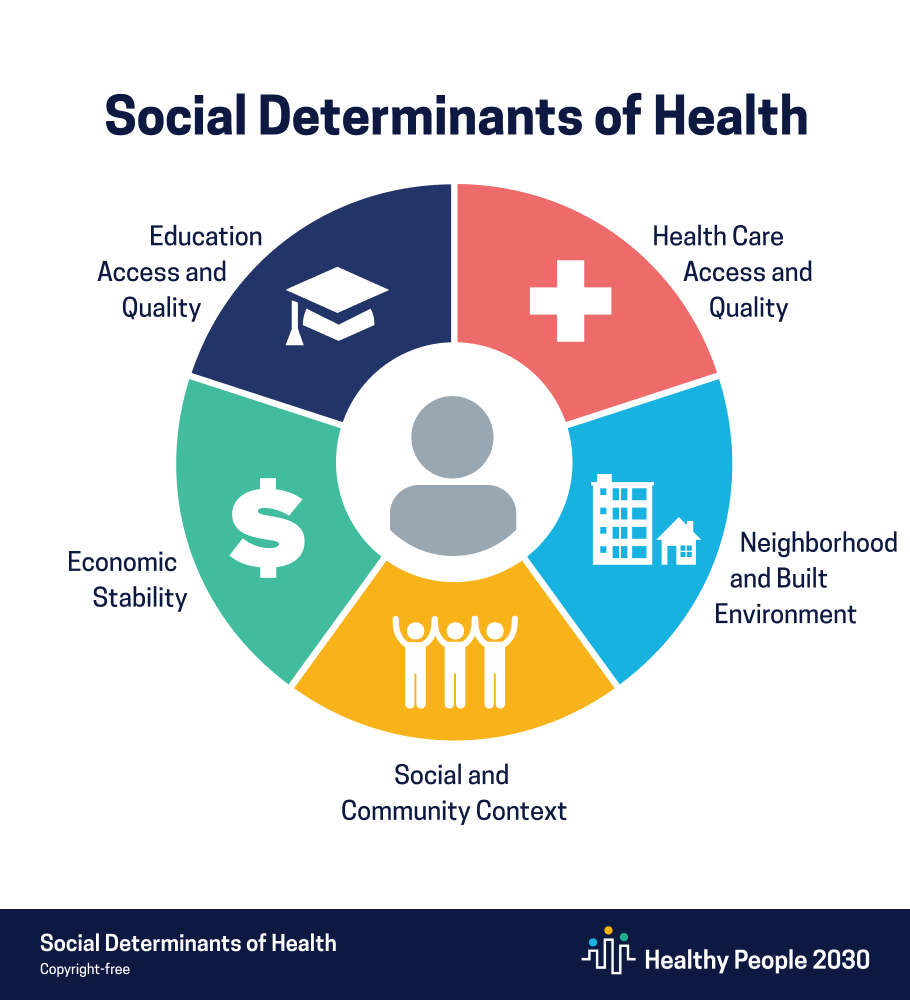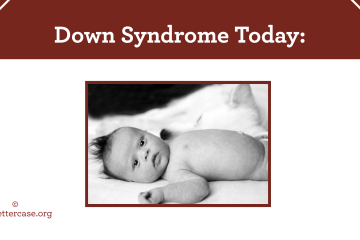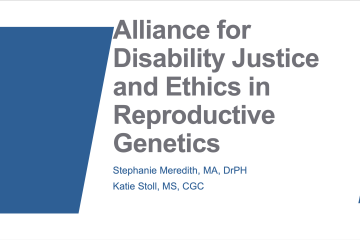For this month’s Medical Outreach Meeting, Dr. Stephanie Meredith presented on how to support families with financial need and how this benefits your medical outreach program.
Social Determinants of Health
Finances fall under the umbrella of social determinants of health (SDOH) – non-medical factors that affect health outcomes and can lead to wide health disparities and inequities. Economic stability affects a person’s access to education, healthcare, safe and non-toxic living conditions, nutritious foods and exercise opportunities, and more. By reducing financial barriers for families, you can share with healthcare providers that you are providing social and community support to address social determinants of health.

Ways to Support Families with Financial Need
There are many ways to support families with financial need. Many grant opportunities specifically look to help families of children with disabilities who face financial barriers, which can help fund the below services.
- Hospital parking vouchers for parents who have babies in the NICU
- Hospital food vouchers/meal cards for families with long hospital stays
- Travel cost reimbursement for families who have to travel for care (e.g., up to $500 for transportation, food, hotels, etc.)
- “Food chain” where members of your organization provide meals to families in distress
- Gift-giving or “adopt a family” programs during the holidays
- Scholarships/sponsors to provide educational activities for free
- Free educational materials or new parent gift bags
- Financial assistance for genetic counseling services (e.g., 1-in-3 patients received free or subsidized genetic counseling through Genetic Support Foundation in 2024)
- Free/reimbursed transportation to attend events
- Reimbursement for costs of attending conferences
- Social work staff to help families find financial resources
- Match families for peer-to-peer social and community support (e.g., by medical conditions, religion, language, race/ethnicity, etc.); groups can be connected through texting apps such as WhatsApp
- Flexibility in cost of services depending on financial need (e.g., communicate in outreach materials that families can reach out if there are financial barriers to your services to ensure equitable access)
Besides offering services within your own organizations, it is also important to stay abreast of existing services families might not know about and help families access these resources (e.g., SSI, free Early Intervention services, etc.).
Communication With Medical Providers
As you create outreach and communication materials about your organization for medical providers, highlight that your organization addresses social determinants of health with specific examples of the value you provide (e.g., free resources, peer-to-peer support, travel cost reimbursement, etc.).
Medical providers are aware that social factors such as finances can have a drastic effect on health outcomes and will recognize language around social determinants of health. Moreover, medical providers are much more likely to reach out to you if you explicitly offer these services as financial concerns are often top of mind for families learning about a Down syndrome diagnosis.
In conclusion, services that reduce financial barriers not only support your families, but also strengthen your program and enhance your value to providers.


